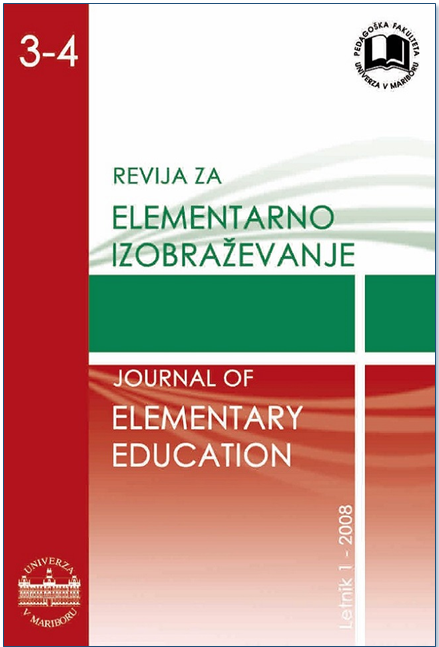E-hospitacije
Keywords:
education, video transfer, school classes, multilingualism, ethics, field observation, ICTAbstract
Video-Based Electronic Field Observation in Education. Didactic practice is a very important part of teacher education. It is an endless process of transferring knowledge from one generation of teachers to the next. Teachers must know the teaching methods and material used in teaching. Didactic practice is a multi-level process. The first step consists of learning theory and didactics. The next step involves examining the abilities and preparation skills of student teachers in a controlled environment, working alongside practicing professionals. Following this is supervised field observation in the classroom, where they can obtain first-hand knowledge of how teachers work. The final part is an internship at a school. This is where student teachers receive practical work experience in the classroom, where they live their working lives at a school, participating in classroom activities and teaching. The last two steps are carried out in the classroom with
students. In this way future teachers experience an authentic classroom atmosphere to help prepare them for their future profession. However, the presence of student teachers in the classroom changes the atmosphere of a class and can be disturbing for the students. In our research test we tried to minimize the impact of student observation. To do this we eliminated the actual presence of student teachers by installing a remote control video camera in the classroom. Student teachers were able to observe the class from a different location, what we call e-observation. We then observed the behavioral changes of the students in the class under e-observation. They were less disturbed than in situations where in-class observations were taking place. With a suitable infrastructure, we could observe children in classrooms from different countries and compare methods and exchange examples of good practice. Today, with current information communication technology, there are no technical obstacles for implementing such a plan. However, there are some legality problems in connection with privacy. These problems will have to be solved if we want to use this method to improve the quality of teacher-education. And the following question will have to be answered: “Where is the boarder between observation and abuse of public privacy?”
Downloads
Downloads
Published
Issue
Section
License
Copyright (c) 2008 The Journal of Elementary Education

This work is licensed under a Creative Commons Attribution-NonCommercial-NoDerivatives 4.0 International License.
